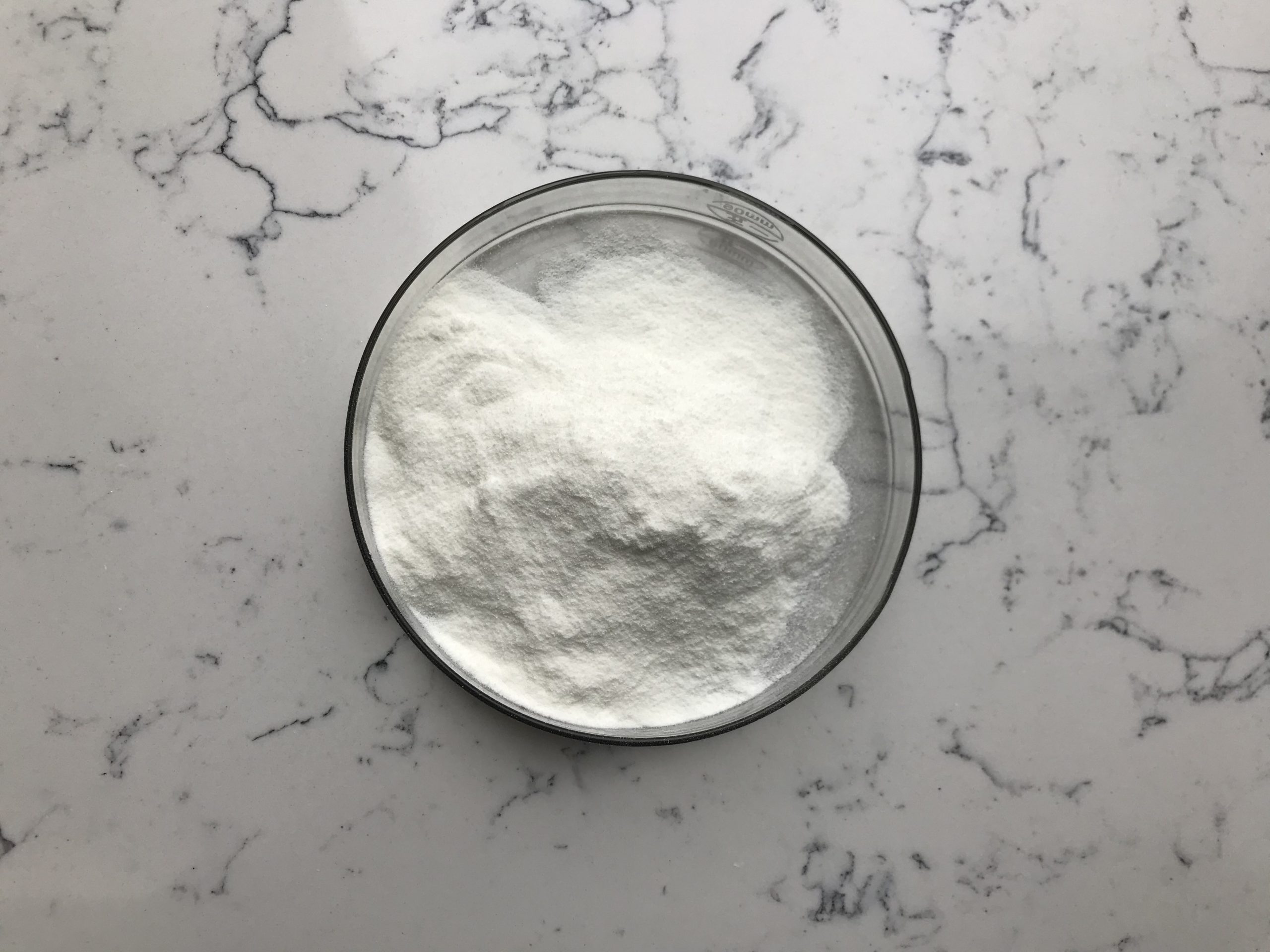Collagen is a protein that is a fundamental building block of the connective tissues in the body. It is known for providing strength and structure to various parts of the body, such as skin, bones, tendons, ligaments, and cartilage. The basic ingredients required for the formation of collagen include:
Amino Acids: Amino acids are the building blocks of proteins, including collagen. Collagen is primarily composed of three key amino acids: glycine, proline, and hydroxyproline. These amino acids are essential for the formation of collagen’s triple-helical structure.
Vitamin C: Vitamin C is a crucial cofactor in the process of collagen synthesis. It is required for the conversion of proline and lysine into hydroxyproline and hydroxylysine, respectively, which are important for collagen stability and structure.
Copper: Copper is a trace mineral that plays a role in cross-linking collagen fibers, which contributes to the stability and strength of collagen-based tissues.
These ingredients work together to facilitate the production, stabilization, and maintenance of collagen in the body. Collagen synthesis is a complex process that involves multiple steps, including transcription and translation of collagen genes, post-translational modifications, and the assembly of collagen molecules into fibrils.
It’s important to note that the body’s ability to produce collagen naturally declines with age, leading to decreased skin elasticity, joint stiffness, and other signs of aging. As a result, collagen supplements have become popular for supporting skin health and joint function. However, the efficacy of such supplements is still a topic of ongoing research and discussion in the scientific community.
Application of Collagen
Collagen is the most abundant protein in the human body and plays a crucial role in maintaining the structural integrity of various tissues, including skin, bones, tendons, ligaments, and cartilage. It is often referred to as the “building block” of the body due to its integral role in providing strength, support, and elasticity to various structures. The application of collagen extends to various areas:

Cosmetic and Skincare Industry: Collagen is commonly used in skincare products, such as creams, serums, and masks, to promote skin elasticity and hydration. These products aim to reduce the appearance of wrinkles and fine lines, and they might help improve the overall texture and tone of the skin.
Wound Healing: Collagen dressings and scaffolds are used in wound care to facilitate the healing process. These materials help maintain a moist wound environment, promote cell migration, and provide a temporary scaffold for tissue regeneration.
Orthopedics and Sports Medicine: Collagen-based materials are used in the development of scaffolds and implants for tissue engineering and regenerative medicine applications. They can be utilized to repair damaged cartilage, tendons, and ligaments, aiding in the recovery process for injuries.
Bone Grafts: Collagen can be combined with other materials, such as hydroxyapatite, to create bone graft substitutes. These substitutes are used in orthopedic and dental surgeries to promote bone growth and healing.
Dietary Supplements: Collagen supplements have gained popularity as a potential way to support joint health, skin elasticity, and hair and nail growth. These supplements are available in various forms, including powders, capsules, and liquids.
Medical Devices: Collagen-based materials are used in the manufacturing of medical devices, such as wound closure strips, surgical meshes, and drug delivery systems.
Food Industry: Collagen is used in the food industry for various purposes, including in the production of gelatin, which is widely used in foods like gummy candies, desserts, and marshmallows. Collagen peptides are also used as protein supplements in food and beverages.

Biomedical Research: Collagen is extensively studied in the field of tissue engineering and regenerative medicine. Researchers are exploring ways to create artificial tissues and organs using collagen scaffolds and cells to treat various medical conditions.
Burn Treatment: Collagen-based dressings can be used to aid in the healing of burns and other skin injuries. They help promote wound healing while minimizing scarring.
Veterinary Medicine: Collagen-based products are used in veterinary medicine for wound care and tissue repair in animals.
It’s important to note that while collagen has various applications, its effectiveness in some areas is still a subject of ongoing research and debate. The use of collagen-based products and treatments should be approached with caution, and individuals should consult with medical professionals before using them, especially for medical conditions.
